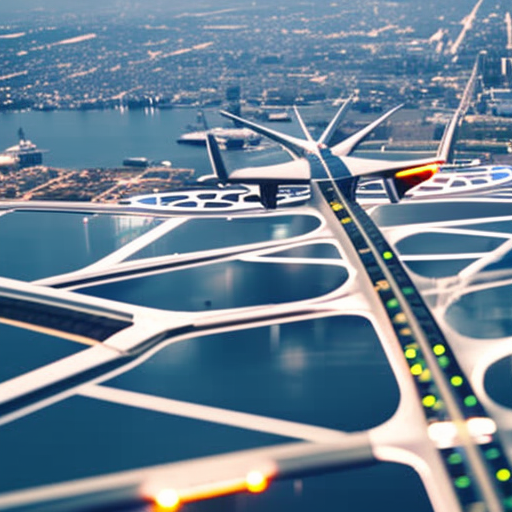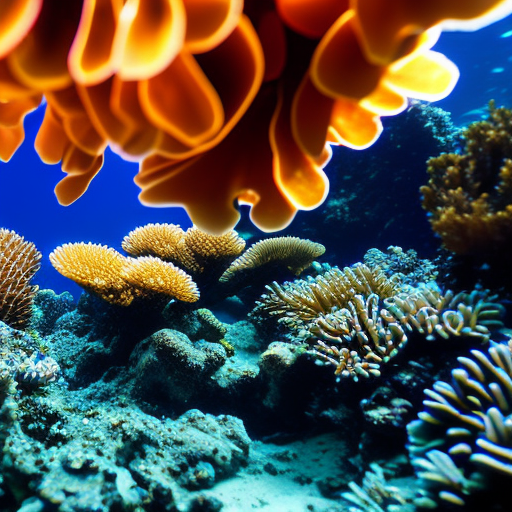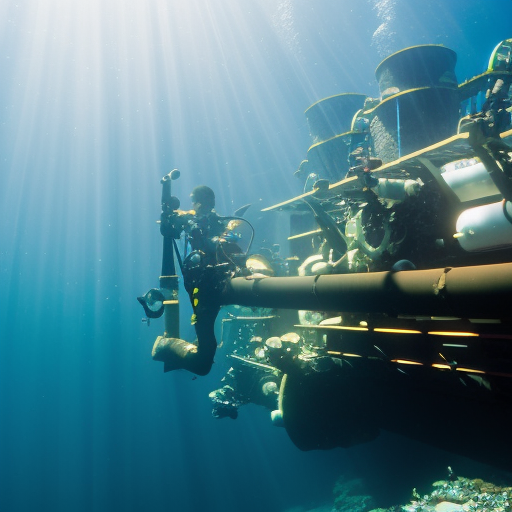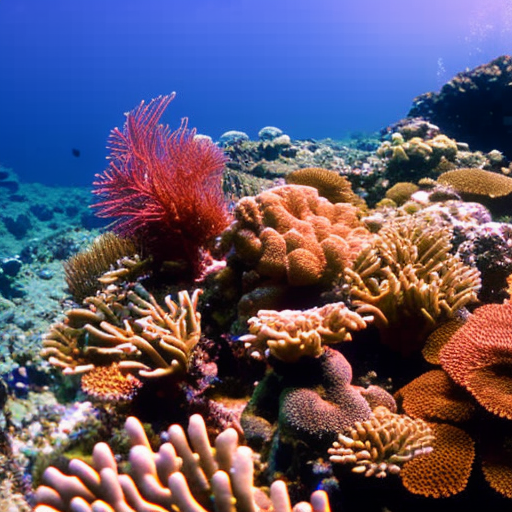Urban air mobility refers to the use of electric vertical takeoff and landing aircraft for efficient and sustainable transportation within cities.
Electric Vehicles Explained
Electric vehicles are vehicles powered by electricity instead of fossil fuels, offering a more sustainable and environmentally friendly mode of transportation.
Bullet Trains Explained
Bullet trains are high-speed trains that use advanced technology to travel at incredibly fast speeds, revolutionizing transportation systems.
Alternative Fuels Explained
Alternative fuels are non-conventional energy sources that aim to reduce dependence on fossil fuels and mitigate environmental impacts.
Smart Transportation Systems Explained
Smart transportation systems utilize advanced technologies and data analytics to improve efficiency, safety, and sustainability in transportation networks.
Supersonic Travel Explained
Supersonic travel refers to the ability to travel faster than the speed of sound, potentially revolutionizing air travel with reduced flight times.
Coral Reef Studies Explained
Coral reef studies focus on understanding the ecology, biodiversity, and conservation of these vital marine ecosystems.
Deep-Sea Exploration Explained
Deep-sea exploration involves the study and discovery of the mysterious and diverse ecosystems found in the depths of the ocean.
Marine Biodiversity Explained
Marine biodiversity refers to the variety of life forms and ecosystems found in the world’s oceans and seas.
Tsunami Research Explained
Tsunami research focuses on understanding and predicting the behavior of these destructive ocean waves to mitigate their impact on coastal communities.
Salinity Studies Explained
Salinity studies focus on understanding the impact of salt content in water bodies and its effects on ecosystems, agriculture, and human activities.
Marine Pollution Explained
Marine pollution refers to the contamination of the ocean and its ecosystems by human activities, causing detrimental effects on marine life and the environment.




















